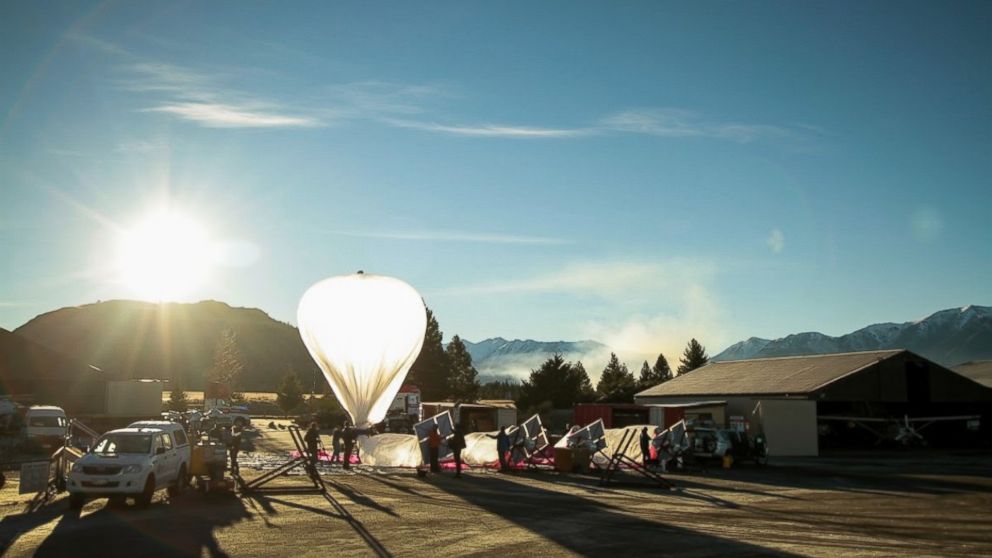Google's Internet Beaming Balloons: What Life Will Be Like With Them
Google on track to launch Project Loon in its first country.

— -- Sri Lanka is set to become the first country with universal Internet access after the island nation signed on to use Google's stratospheric internet beaming balloons to cover the country.
A memorandum of understanding has been signed between Google and Sri Lanka's government, but does not give a timetable for when the balloons will be covering the 25,000 square mile nation.
However, it's a crucial first step for the implementation of Google's Project Loon, officials said.
An estimated 1 in 4 people are online in Sri Lanka. While the balloons will one day cover the entire country, the universal Internet won't be a free for all.
Google's next step is to work in tandem with Internet service providers in Sri Lanka, allowing them to use the balloons as "floating cell towers," Harsha de Silva, a minister in Sri Lanka’s finance department, said in a Facebook post.
He said the plan "will certainly provide a huge boost to our game plan to create a knowledge based highly competitive social market economy that will help every household achieve their own dreams."
The Project Loon balloons can float through the stratosphere, the area on the edge of the atmosphere, for more than one hundred days. While they'll solve the problem of access, the balloons will deliver Internet at 3G speeds, making it fine for getting online but difficult for high bandwidth activities.
A control center will help guide each balloon to an area to ensure Google's fleet is providing the best coverage where Internet is needed, while an operations team will be dispatched to collect the balloons when they land.
The project first began tests in New Zealand in 2013.





